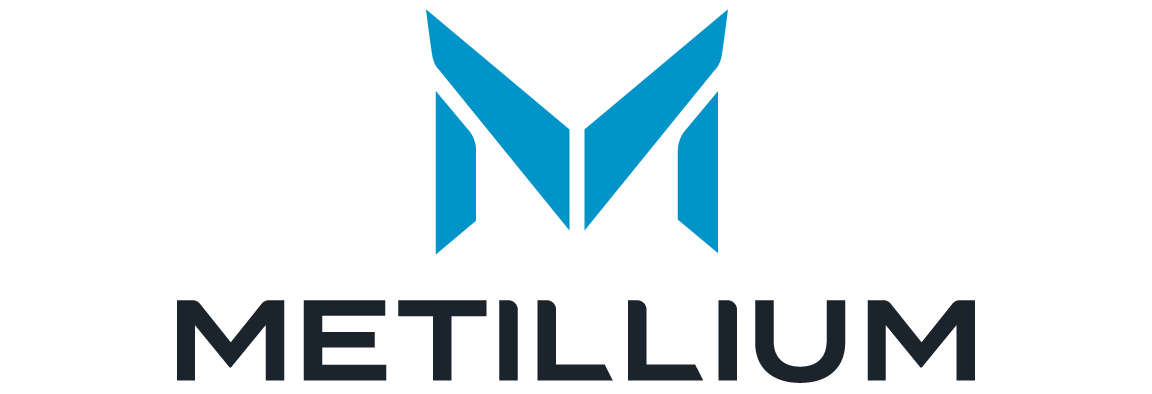I have the great privilege of mentoring a high school student for their Programming Independent Study. This student will be graduating early and will then be looking for a programming internship before starting college.
To help this individual and other job seekers, here are interviewing tips based on my experience of interviewing and being interviewed.
Before Interviewing
The high-level advice here is to know the company, interviewers, and job description in order to be prepared for the interview. Also, have a good online presence because the interviewers and recruiters will dismiss you if they discover any red flags.
- Research the company. Go to their website, read Glassdoor reviews, speak to any current or former employees ahead of time, and use other sources when possible.
- Research the interviewers and learn more about them. For example, see if they have LinkedIn profiles. This lets you know more about who you’re interviewing and you may be able to establish a connection with these people. For example, you may discover that you both went to the same school or worked at the same organization in the past. Also, these individuals will see that you’re looking at their LinkedIn profile which shows that you’re doing research and that you’re taking the job seriously.
- Know the Job Description so you can focus on bringing up relevant examples and experience during the interview.
-
Have a good, presentable online presence. Interviewers and recruiters use your online presence to judge if you’d be a good fit for the organization or not. You may be really qualified but if you will be troublesome to work with, they’ll choose someone else.
- Ensure that your social media profiles look presentable. For example, if you have a public Facebook account, don’t swear, post inappropriate pictures, and say bad things about former employers.
- Create a LinkedIn profile so employers can see your professional experience.
- Showcase your work online. If you’re a coder, use GitHub to showcase various sample work and/or contribute to various open source projects. Another option is to create a blog or website that showcases your work. This demonstrates your writing ability and how well you communicate.
- After researching, write down a list of relevant questions to ask the interviewers so you can know more about the company. This shows that you’re interested in the position. See below for some sample questions.
- Do mock interviews to practice, if needed. Many people get nervous and jittery during an interview, including me, so practicing ahead of time with different individuals can help.
During The Interview
- Dress-To-Impress. Jeans and a T-Shirt are not acceptable and the interviewers will dismiss you for being unprepared. If you can’t show up prepared to the interview, you aren’t prepared to do the job.
- Show up 5-10 minutes early but not any earlier and don’t be late. If you do show up earlier, stay in your car or the lobby and wait until 5-10 minutes before the scheduled interview time. You’d be surprised how many people inconvenience the interviewers by being too early or late. Don’t do this.
- Look the interviewers in the eyes and speak to them slowly, concisely, and always try to frame answers around how good you are and how you’ll bring value to the organization.
- Print Multiple Resumes in case the interviewers need them. I’d say 99% of all the interviews I’ve attended, the interviewers had my resume printed or available on their laptop but there were a couple instances where having them came in handy.
- Bring relevant sample work. This allows the interviewers to see the work you’ve done so far and lets them have a more fruitful discussion. For example, if you have some code, print out multiple copies of selective code samples so the technical interviewers can see some code. This will set you apart from most of the other candidates who don’t do this and makes you more memorable to the interviewers.
- Ask Questions. Ask the questions you’ve prepared ahead of time that are still unanswered and ask questions that came up during the interview. Most of the time, you have to wait until the end to ask your questions.
- Thank the interviewers and tell them you want the job.
After the Interview
Email or write a letter to the interviewers thanking them again, discuss how you’re a good fit, and that you want the job.
Sample Questions For The Interviewers
Typically the end of an interview is reserved for you to ask the interviewers any questions you may have. Usually, this is 5-10 minutes. Use this time to find out more about the organization and job so you can determine if you want to work there or not. Here are some sample questions to get you started.
- Describe the culture here. This open ended question lets the interviewers describe the organization’s culture and what it’s like to work there.
- What do you like and dislike about working here? I like to ask this as a follow-up question to the culture question because the interviewer(s) will describe aspects that they like and dislike and you’d be surprised what people share.
- What will I be doing my first week/month? The interviewer will be visualizing you at the desk doing the job.
- What is most pressing? What would you like to have done in the next 6-8 weeks?
- Questions related to technology, processes, team size, or the project that were not addressed.
- Last, ask some variant of “How did I do and do you have any concerns?”. This lets the interviewers provide feedback to you that you can respond to and use for the future too.
What other interviewing tips do you have?
